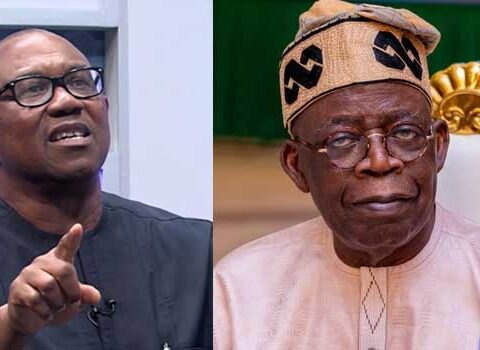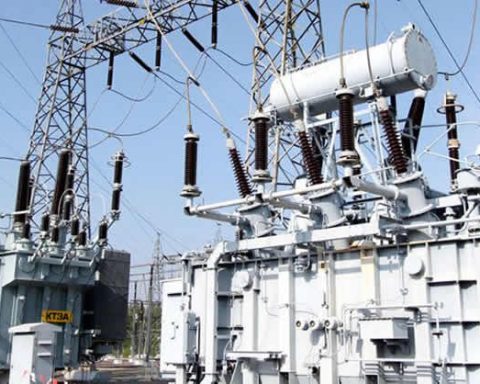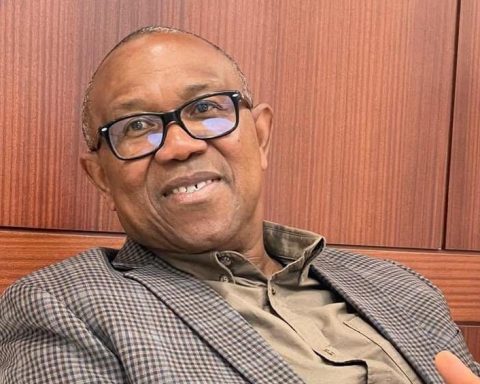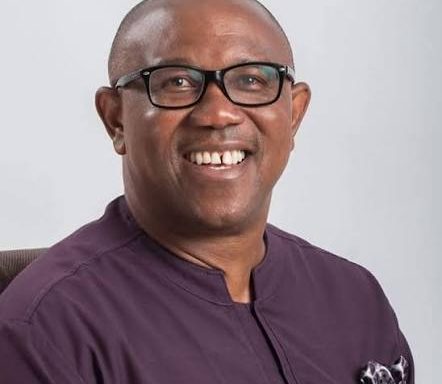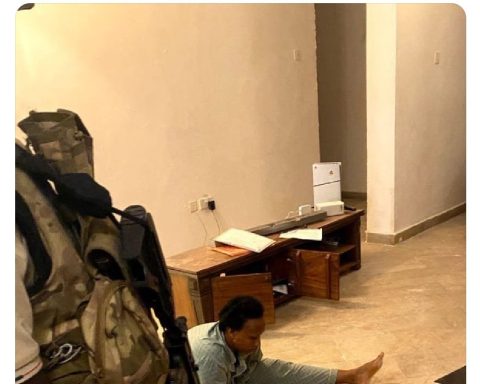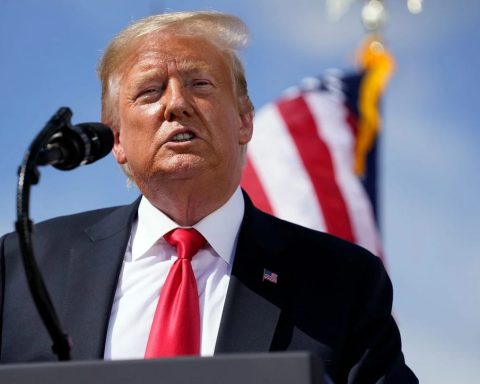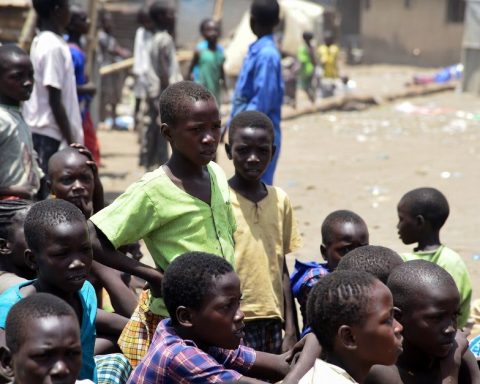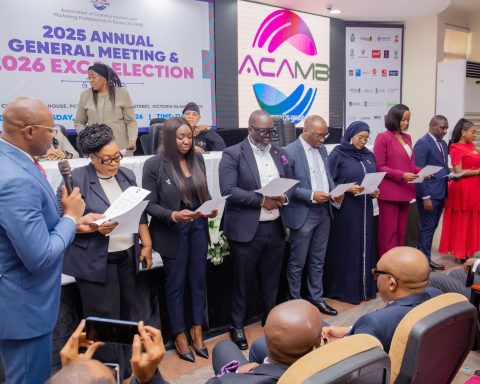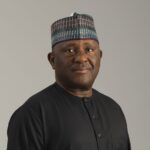Former Anambra State governor and Labour Party’s 2023 presidential candidate, Mr. Peter Obi, has donated a total of ₦576 million toward social causes across Nigeria between January and July 2025, according to data released by Nigerian analytics firm StatiSense.
The donations targeted at education, healthcare, and social welfare initiatives were concentrated significantly in Obi’s native South East region, a distribution that has stirred debate across political and public spaces.
Join our WhatsApp ChannelAccording to StatiSense, the donations were disbursed across 12 states and the Federal Capital Territory as follows:
• Anambra – ₦260 million
• Enugu – ₦120 million
• Kaduna – ₦60 million
• Imo – ₦25 million
• Abuja (FCT) – ₦20 million
• Niger – ₦20 million
• Cross River – ₦20 million
• Plateau – ₦17.5 million
• Edo – ₦15 million
• Ebonyi – ₦10 million
• Borno – ₦6 million
• Nasarawa – ₦2.5 million
Cumulatively, over 65% of Obi’s donations ₦380 million went to Anambra and Enugu States, highlighting a strong regional tilt toward the South East.
Among the major interventions:
• ₦50 million to Christ the King College, Onitsha Obi’s alma mater
• ₦10 million each to three nursing schools in Enugu
• ₦10 million worth of furniture and laptops to Chibok schoolgirls studying in Abuja
• Multi-million-naira funds to mission hospitals in Afikpo, Nnewi, and Enugu
• Infrastructure support to rural schools, ICT labs, and displaced student programs
Obi’s philanthropy has drawn praise from civil society and governance advocates who highlight the transparency and targeted nature of the donations. Many see it as an extension of his well-documented frugality and prioritization of education and health during his tenure as governor from 2006 to 2014.
Read Also: Peter Obi At 64: A People’s Call, A Nation’s Hope
However, the pattern of regional concentration has raised questions about inclusivity, especially given his role as a national figure and presidential hopeful. Critics argue that severely underserved areas such as the North East, which received only ₦6 million remain in need of more visibility and intervention.
Supporters of Obi insist that these are personal funds and not state resources, and that his charitable work should be guided by impact and logistical feasibility rather than political balancing. “He’s doing what those in government refuse to do give back, and do it transparently,” @prince.land commented via X (formerly Twitter).
The conversation around Obi’s donations is taking place against the backdrop of Nigeria’s worsening economic conditions. Inflation has climbed above 34%, debt continues to rise past ₦100 trillion, and widespread strikes by medical professionals, lecturers, and other sectors have paralyzed public services. Observers argue that while philanthropy like Obi’s may offer short-term relief, it also reflects deeper gaps in governance and public service delivery.
Peter Obi has not publicly addressed the criticisms, but he has repeatedly said in past interviews that his giving is guided by “measurable impact, not political optics.” As Nigeria inches closer to the 2027 election cycle, Obi’s actions philanthropic and political are expected to remain under intense public scrutiny.
Amanze Chinonye is a Staff Correspondent at Prime Business Africa, a rising star in the literary world, weaving captivating stories that transport readers to the vibrant landscapes of Nigeria and the rest of Africa. With a unique voice that blends with the newspaper's tradition and style, Chinonye's writing is a masterful exploration of the human condition, delving into themes of identity, culture, and social justice. Through her words, Chinonye paints vivid portraits of everyday African life, from the bustling markets of Nigeria's Lagos to the quiet villages of South Africa's countryside . With a keen eye for detail and a deep understanding of the complexities of Nigerian society, Chinonye's writing is both a testament to the country's rich cultural heritage and a powerful call to action for a brighter future. As a writer, Chinonye is a true storyteller, using her dexterity to educate, inspire, and uplift readers around the world.


